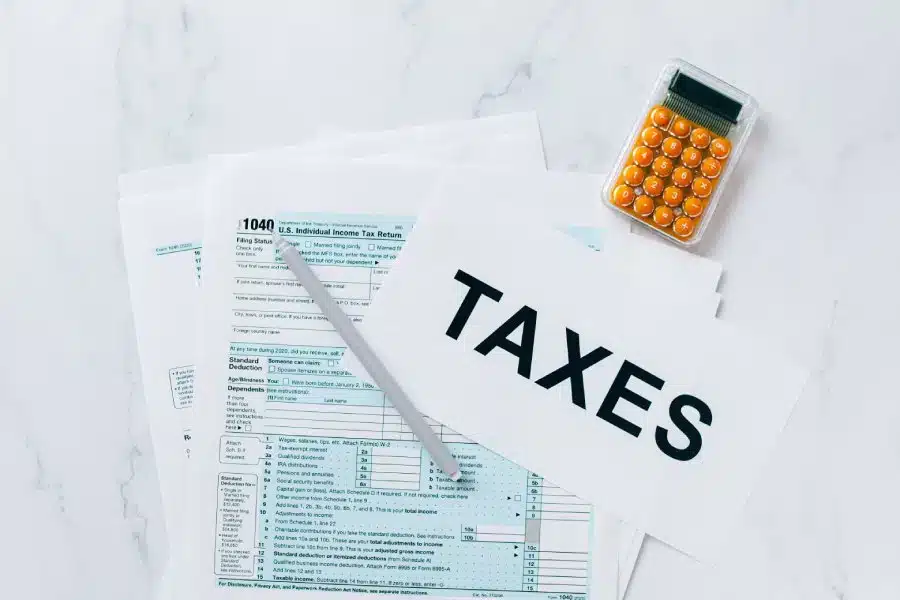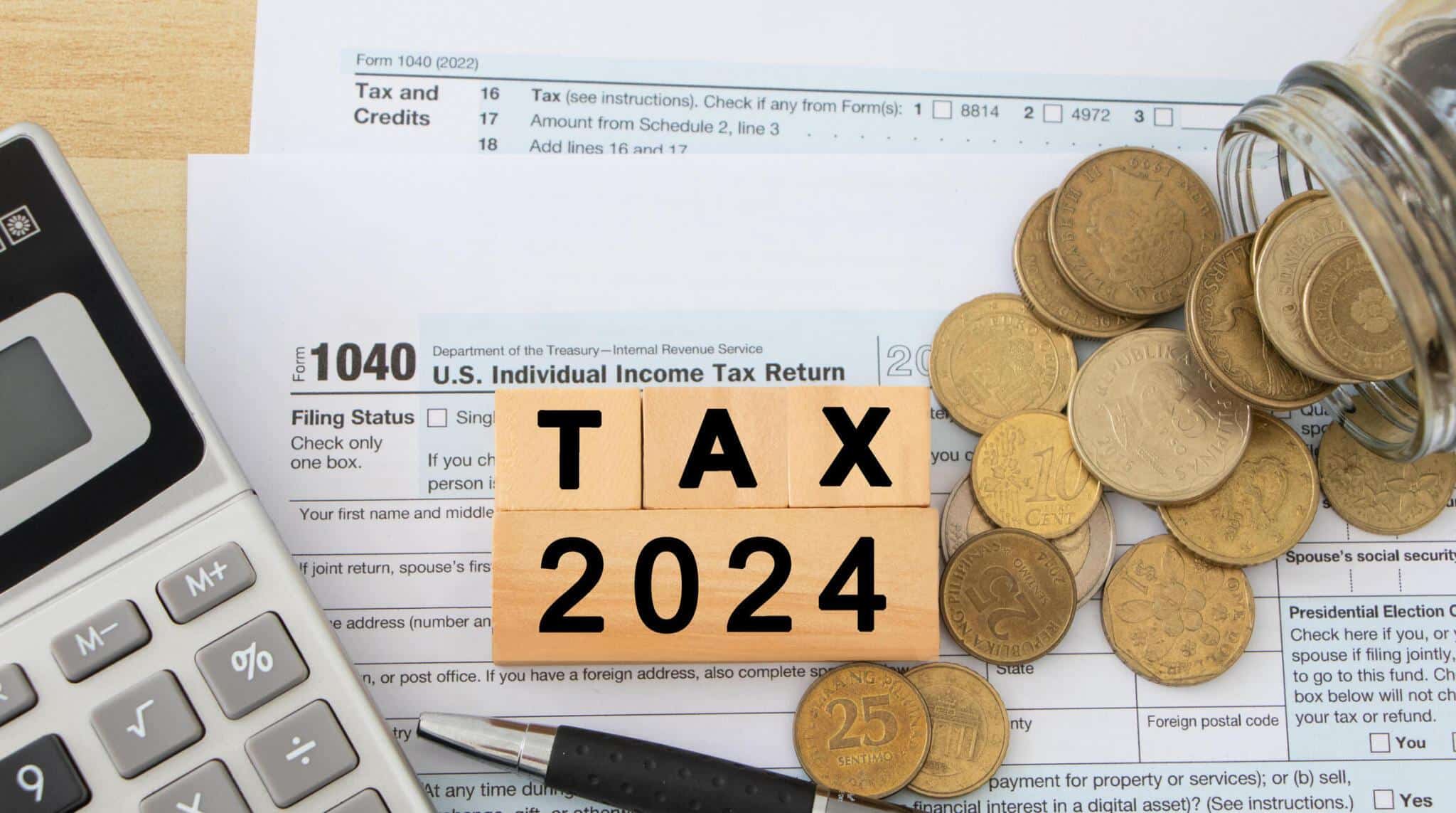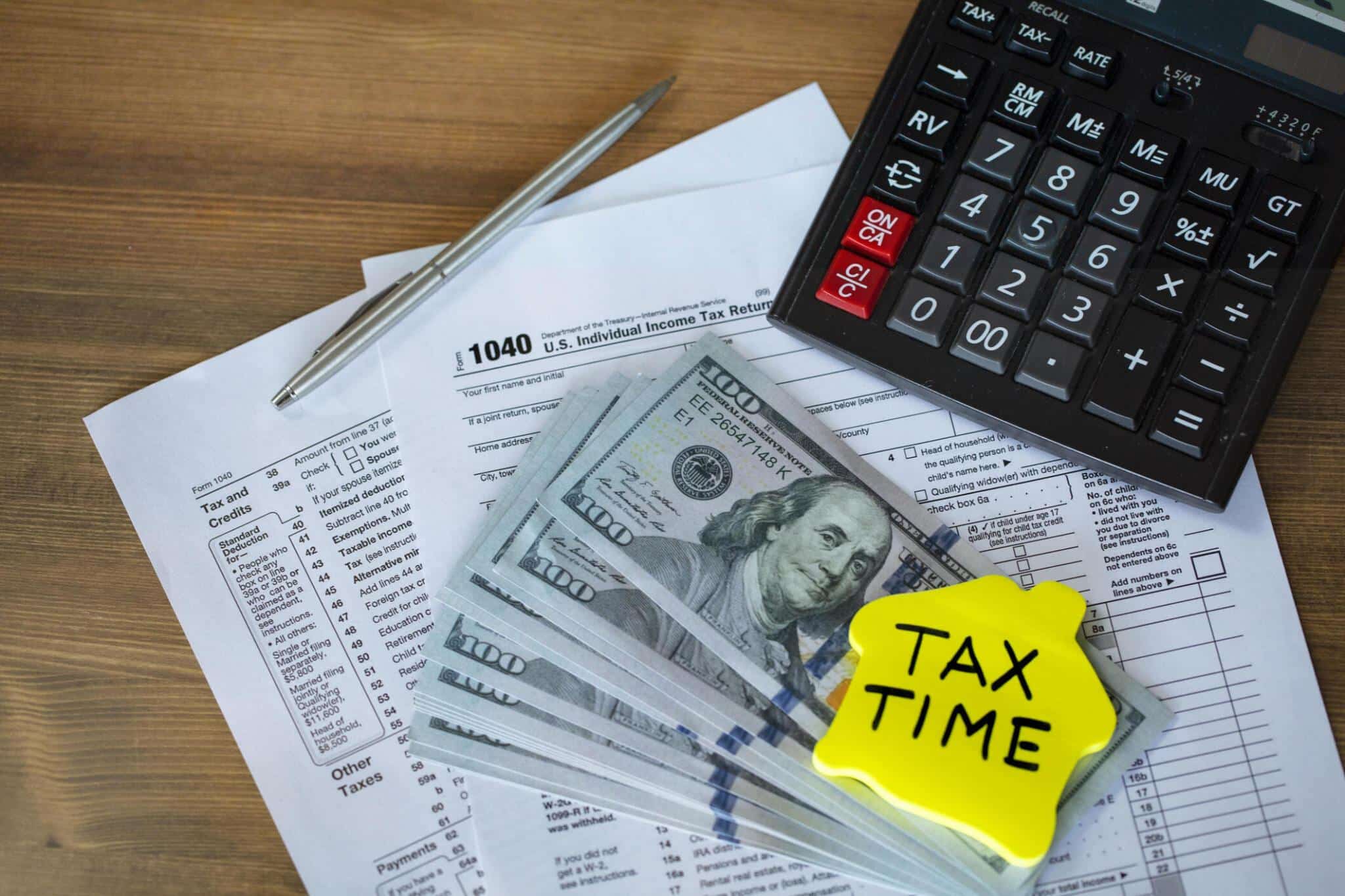The Australian Taxation Office (ATO) has recently revealed that it is owed nearly $45 billion in tax debt.
It is estimated that small businesses account for two-thirds of this amount.
Why is Australia’s tax debt so high?
The pandemic is believed to be the main cause of ballooning tax debt in Australia.
With the added pressure put on small businesses during the pandemic, many fell behind on tax payments, resulting in huge amounts owing. There was a ‘lockdown leniency’ environment for a while, which saw less pressure on companies that were falling behind on their obligations. During the early days of COVID-19, the ATO deliberately shifted its focus away from firmer debt collection action to help and assist businesses and the community experiencing challenges because of the pandemic.
However, this debt now puts a strain not only on small businesses but also on the Australian economy. Assistant Treasurer Stephen Jones said this tax debt could directly affect funding for services ranging from equipping defence force personnel to caring for the elderly.
ATO crackdowns
The ATO is working on awareness schemes to try to remedy the massive amount of outstanding tax. For one thing, as shared on the ATO website, it “has recently written to businesses under two key awareness programs – disclosure of business tax debts and the use of Director Penalty Notices. These programs focus on taxpayers who have not responded to calls and letters – and have significant tax obligations outstanding.”
Director Penalty Notices (DPN) have the potential to hold company directors accountable for a business’s unpaid GST, payroll tax and income tax. Once a DPN is issued, action is required to confirm income and resolve unpaid tax debt in a matter of weeks.
So far, the ATO has issued thousands of Director Penalty Notices to attempt to retrieve the money it is owed. A DPN is particularly stressful for small business directors because it makes them directly financially responsible for their company’s tax debt and doesn’t give them long to pay.
At this point in time, if you are issued a DPN as a director of a company, you must repay the debt, whether the business is still active or not. If you have moved on from the company, you can even be held responsible for any outstanding debt from when you were the director.
Don’t be a tax debt statistic
If you have a feeling your business is behind in its tax payments, be proactive and take the following steps:
- Work with a tax accountant
Your tax accountant’s job is to prepare your BAS and tax returns and let you know how much you owe the tax office. They leverage their experience to ensure you are claiming deductions so your bill is as low as possible.
When you have a good relationship with your tax accountant, you will work together regularly and they will help you stay on top of your tax commitments. They can provide a ballpark figure so you know how much money to put aside to pay your tax.
For a small fee, you’ll have peace of mind. The last thing you want is an overdue tax bill taking down your company or forcing you to lose your home.
- Use a bookkeeper
A bookkeeper maintains records, pays bills, issues invoices, reconciles accounts and helps businesses to stay in control of cash flow by sharing regular reports and updates.
Having a bookkeeper makes life much easier at tax time for your accountant. It also means that you will have all your records filed and organised if the ATO knocks at your door with a request for more information.
Make your bookkeeper and your accountant’s lives even easier by using an online accounting platform like Xero or MYOB. These give you at-a-glance access to records, dashboards and information about your company’s financial status. You can connect these platforms to your business bank accounts so a lot of the reporting becomes automatic (or at least less of a manual task).
- Contact the ATO
If you have tax debt or have fallen behind on your reporting obligations, contact the ATO as soon as possible. You should be able to negotiate a payment plan so you can get on top of your debt in monthly instalments.
There is also a hotline you can call for support. The Small Business Debt Helpline is free to use and is operated by Financial Counselling Australia. The number is 1800 413 828.
Not sure how to get in touch with the ATO? Contact Mobbs & Co. We can help you take control of your tax reporting obligations and apply for a payment plan on your behalf.










